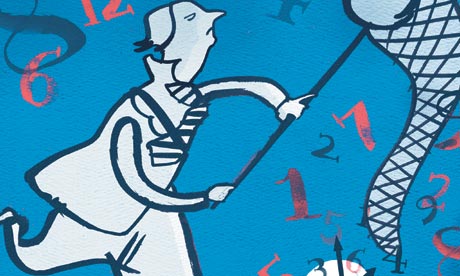
In the current climate, the notion that the super-rich deserve our sympathy risks going down like a banana milkshake at a gathering of lactose-intolerant people who also happen to harbour an irrational hostility towards bananas. But an academic paper I encountered recently suggests that, in one respect at least, they do: the wealthier you get, the more time-pressed you feel. And not just because better-paid jobs often mean longer hours. Even if you don't end up working longer, the economists Daniel Hamermesh and Jungmin Lee concluded, you'll feel busier, because of all the extra things richer people could be doing, if only they had the time. Obnoxious as it sounds, there's a sense in which it's more stressful to have the cash but not the time to jet off to Bali – or even just to buy and read new novels, take piano lessons, or go out to dinner with friends – than it is to have neither cash nor time. That doesn't mean wealth is as stressful as poverty overall. But it's depressing, whatever your income, because it suggests that the time/money trade-off may be unwinnable. With every additional pound you earn, you increase the universe of things you could do, but can't, because there are still only 24 hours in a day.
And so, when I found time in my busy schedule recently to talk to Cassie Mogilner, of the Wharton business school in Philadelphia, I was cheered to discover she had a solution. She explained that the best way to cultivate "time affluence" – the feeling of having lots of time for the things you want to do – is actually to give time away by helping others. This may seem, I realise, like the most platitudinous of Thought for the Day platitudes. But if you can spare a few moments (or especially, come to think of it, if you can't) you really should abandon that assumption and read on.
In studies conducted with colleagues from Harvard and Yale, Mogilner found that doing brief "pro-social" tasks – such as helping edit an underprivileged child's university application essay – consistently made people likelier to see their future time as plentiful. Spending time on themselves didn't have the same effect; nor did being given a "time windfall", by being allowed to leave the experiment unexpectedly early. Curiously, participants didn't enjoy the volunteering the most; they preferred spending time on themselves. But only volunteering delivered a major boost in time affluence. The givers also worked for longer on a follow-up task: they became objectively more productive.
There are echoes, here, of the New Age concept of the "abundance mindset", beloved of gurus such as Tony Robbins: the idea that by acting generously – usually with money – you'll get, or at least feel, richer. (Then again, Robbins gets people to walk barefoot across hot coals at his seminars, and last month 21 of them had to be treated for burns, so, um, yeah.) The difference, obviously, is that Mogilner et al propose a real, non-magical mechanism. We already know that time used to accomplish things feels longer, and that helping others makes people feel effective and capable. Giving time enhances your sense that time is voluminous – and that you're capable of making future time voluminous, too. I thanked Mogilner and told her I needed to do better at putting this into practice in my own life. "Me too," she admitted. And now neither of us can claim that we just don't have the time.
• oliver.burkeman@theguardian.com
Follow Oliver on Twitter

